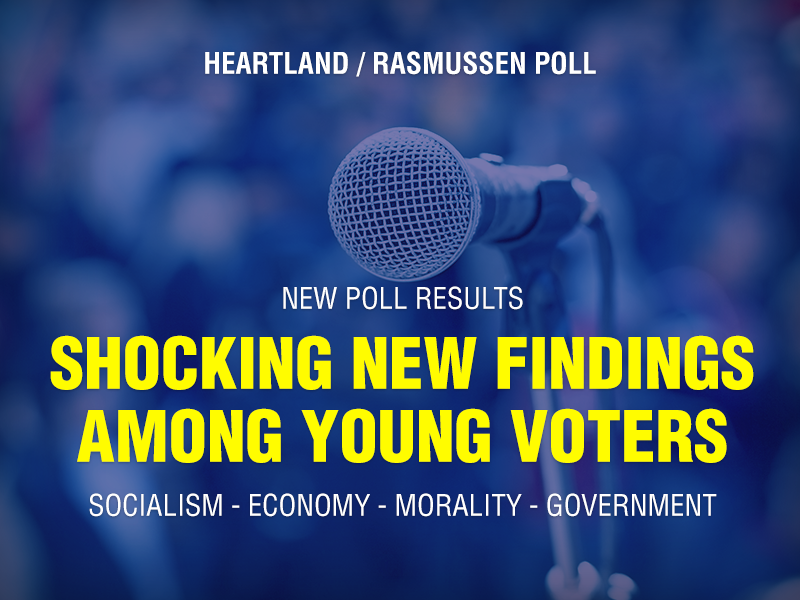Gov. Jerry Brown (D) and other California officials considered exempting Tesla Motors from complying with environmental protections under the California Environmental Quality Act. The contemplated environmental exemption triggered accusations of hypocrisy as Tesla has accepted subsidies and governmental favoritism based on the assertion its electric cars are environmentally friendly.
States Competing for Plant
Tesla is planning to build a $5 billion battery factory and considered California for the site. California faced stiff competition from Arizona, Nevada, New Mexico, and Texas. Tesla ultimately chose Nevada. Nevertheless, to induce Tesla to build in California, Brown considered waiving application of the four-decade-old California Environmental Quality Act (CEQA) and offering the company up to $500 million in tax breaks.
Forty Years of CEQA
Environmentalists were livid Brown considered waiving CEQA, even though the batteries will be used to power electric cars.
The California legislature passed CEQA in 1970 and then-Gov. Ronald Reagan (R) signed it into law. The law requires state and local agencies to review development projects and identify and disclose potential environmental impacts to the public. CEQA also requires agencies to draw up reasonable measures to reduce or eliminate potential threats to the environment.
Worth Waiving the Law?
The Tesla plant projects to provide 6,500 jobs and build lithium-ion batteries to be used in electric cars. But even environmental activists don’t seem too keen on the project if it means disregarding CEQA.
Max Baumhefner, spokesman for the National Resources Defense Council, said Tesla has only asked for an expedited process to build the battery factory.
“I can’t speculate on ongoing negotiations. But … we agree … 100 percent that we need to respect the integrity of CEQA,” Baumhefner said. “We do hope the factory is built in California. And we need those cars to comply with the federal Clean Air Act and to meet our long-term climate goals.”
Measures discussed to secure the factory for California included allowing the company to start construction now and mitigate potential risk or damage later, making it difficult for those who object to file lawsuits that would slow the project.
Favoritism Spawns Criticism
“Either California should enforce the California Environmental Quality Act equally or California should scrap the law,” said Daniel Simmons, vice president for policy at the Institute for Energy Research. “It is just plain wrong to pick and choose which companies to apply it to.”
Simmons also objected to the taxpayer subsidies Tesla receives.
“Tesla is truly world-class at attracting subsidies and government favors. This is just one more example of Tesla’s dependence on government, and it calls into question how the company would be doing in the free market,” Simmons explained.
Alyssa Carducci ([email protected]) writes from Tampa, Florida.



